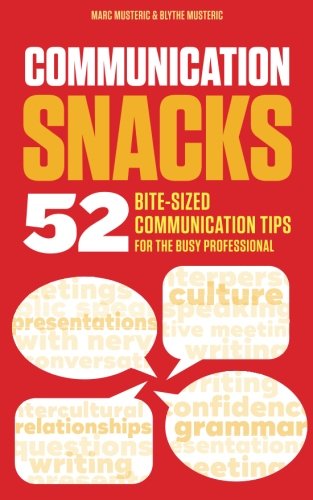This listening activity will help you to practice rhythm and word stress in English sentences. First, listen to the audio. Were you able to tell which words were stressed? Remember, in order to stress a word, make it longer and stronger. Next, listen to the audio again and repeat each phrase. Finally, read the phrases aloud and stress the words indicated.
Listen to the audio recording below.
PLUS and PRO Members can download this file! Click here to join.
Listen to these phrases and practice reading them.
- - ● -
are looking - - - ●
have to give - - - - ●
in the next month - - ● - - ●
will launch in a week - - - ● - - ●
need to leverage the web - ● - - - ● -
software as a service - ● - - - - ●
president of the firm - - ● - - ●
get ready to sell - - ● - - ● - ●
what vendors can do for you - - ● - - - ● - ● - -
they talk about the cost of energy
More Practice
Try these related pages to help you practice rhythm and stress:
Rhythm and Word Stress Practice B
Rhythm and Word Stress Practice C
If you are a MyOvient PLUS or PRO member, you can ask questions or leave comments about this page. Click here to learn more about MyOvient Membership.

 About MyOvient
About MyOvient Contact Us
Contact Us

